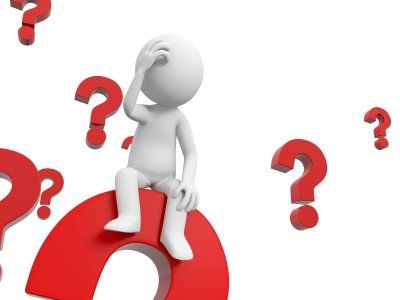AI systems can be divided into two categories, public and private. The largest and best known are public, such as Chat GPT and Bard and are available for public use. It is the public AI systems this commentary is concerned with.
Public AI, especially large language models, are increasingly in use for authoring documents, often by persons with little understanding of how they work or the potential consequences of using them. There is a temptation to use such AI to draft patent specifications or at least the brief for a patent attorney to draft a patent specification.
Put terribly simply, AI systems collect vast amounts of data, commonly from the World Wide Web and use this as training data, somewhat like a very sophisticated smart text application.
When an AI user prompts an output from an AI, such as a brief or specification, that brief goes into the training data of the AI and there is nothing to stop the AI outputting that information to any other user if appropriately prompted.
Patents are granted for inventions which are novel, and while the novelty provisions vary somewhat from one jurisdiction to another, broadly this means the invention must be secret on the day the application including that specification is filed. An invention is not novel if it has been made available to anyone else anywhere in the world, who is not subject to a bond of confidentiality with the inventor and/or applicant. Even in jurisdictions which offer a grace period the disclosure must be by the applicant, a condition which may need proof which will stand up in court.
If you have used any public AI to develop the invention, or prepare a brief or specification, there is a reasonable argument that you have made the invention available to the public and it is therefore not novel and therefore not patentable. To the best of my knowledge this argument has yet to be tested in court in any jurisdiction, but my recommendation is to avoid using public AI for any such purpose.

